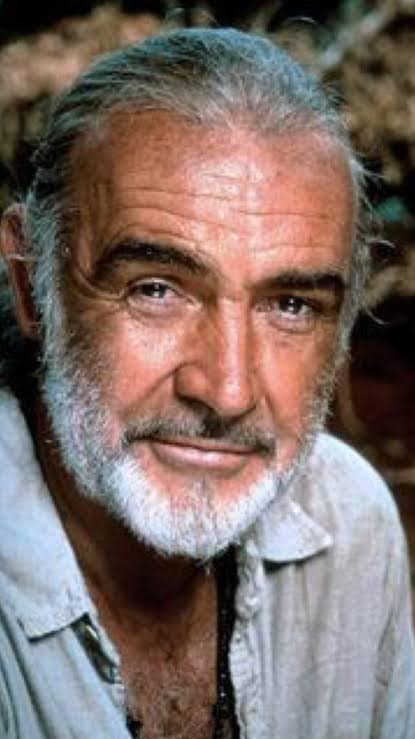
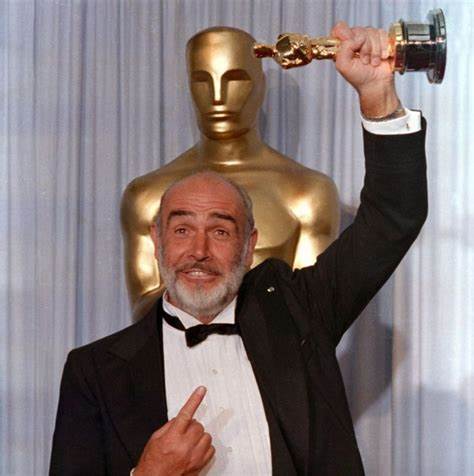
By Steve Vertlieb: Remembering Sir Sean Connery, born August 25, 1930, whose larger than life cinematic exploits, and joyous masculinity brought exhilaration, vibrant sexuality, and swashbuckling romance to the motion picture screen and who left us, sadly, on October 31, 2020.
Sean Connery, the iconic actor and super star whose irresistible presence on the motion screen happily dominated our lives for nearly sixty years died at age ninety. Few actors of his or any other generation possessed the wit, charisma, and staggering masculinity that this remarkably gifted actor brought to the screen. With the probable exception of Cary Grant, with whom Connery shared male dominance and magnetism, no other actor before or since has attracted both men and women with his nearly startling sexuality.
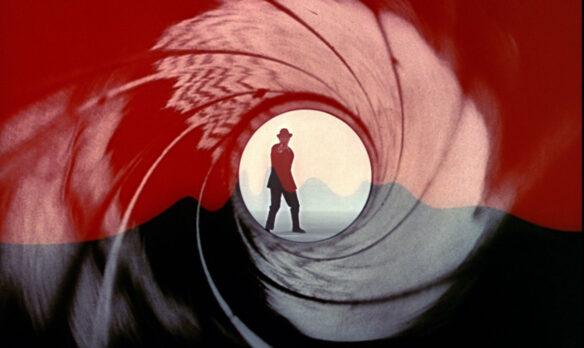
Born August 25, 1930, Connery achieved international recognition with his smoldering portrayal of Ian Fleming’s James Bond in Dr. No in 1962. Although he’d appeared in relatively minor parts in a variety of television and movie roles, it was his remarkable major screen debut as James Bond in 1962 that instantaneously, and deservedly, elevated him to superstar status.
Connery followed his singular appearance as “Bond … James Bond” in Dr. No with six additional star turns as the impenetrable secret agent in From Russia With Love (1963), Goldfinger (the definitive Bond thriller in 1964), Thunderball (1965), You Only Live Twice (1967), Diamonds Are Forever (1971) and, finally, in Never Say Never Again, (1983) whose clever title noted the irony of his having said repeatedly that he’d never play the part again. Having played Bond in seven motion pictures, Connery established himself as the definitive characterization of Fleming’s deadly British agent.
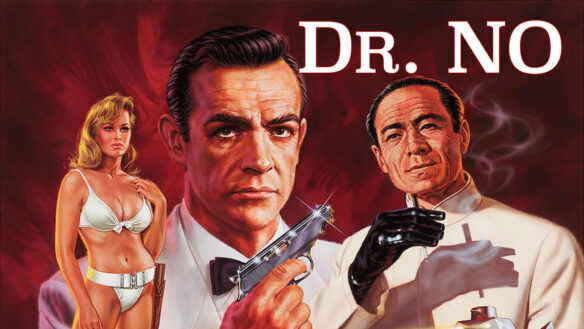
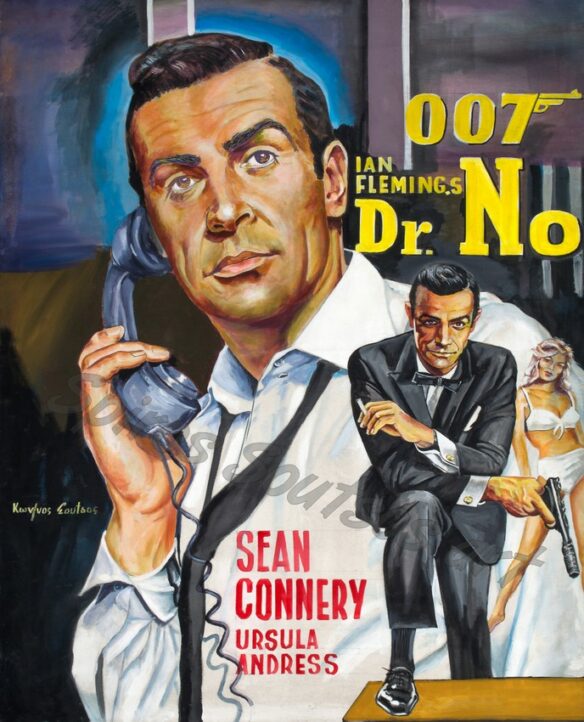
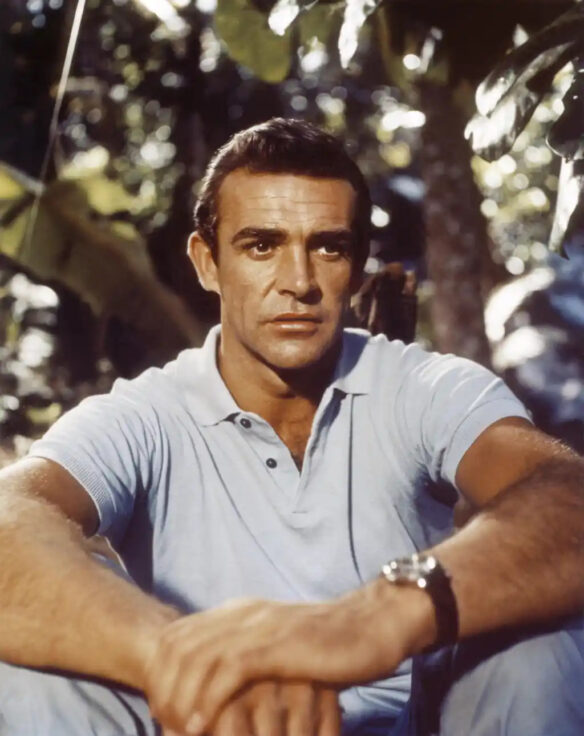
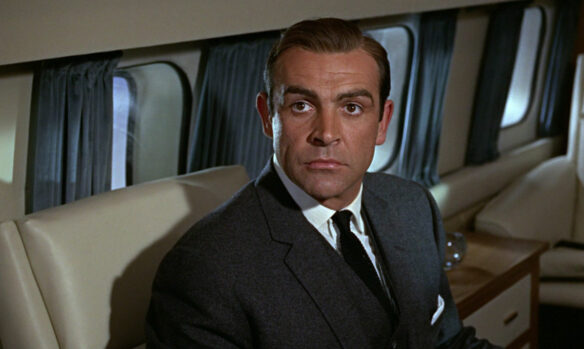
After this last performance as the impeccably tailored spy, Connery defied critics who’d complained about his being a single dimensional actor, by joyously emerging as one of the finest character actors of our time. In such films as Darby O’Gill and The Little People for Disney (1959), Marnie for Alfred Hitchcock (1964), The Hill (1965), The Anderson Tapes (1971), and Zardoz (1974), Connery proved to his critics that he was, indeed, a gifted, dangerously provocative performer.
Six of his most joyous, exquisitely layered, multi textured performances, followed in the years that lay before him. As the irascible, inherently masculine “Raisuli” in the enormously entertaining John Milius film The Wind And The Lion, Connery’s striking individuality quite literally lit the screen with his colorful interpretation as the leader of a noble Arab tribe, timed imaginatively by Jerry Goldsmith’s electrifying musical score.
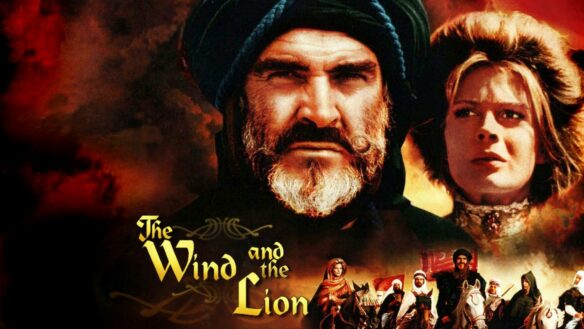
As the sadly proud, yet vulnerable Robin Hood in Robin And Marian (1976), Connery showed rare sensitivity and elegance as the aging warrior whose difficulty transitioning from young rebel to graceful elder champion wove poetic lyricism to the legend of Robin, accompanied by composer John Barry’s wistfully romantic themes.
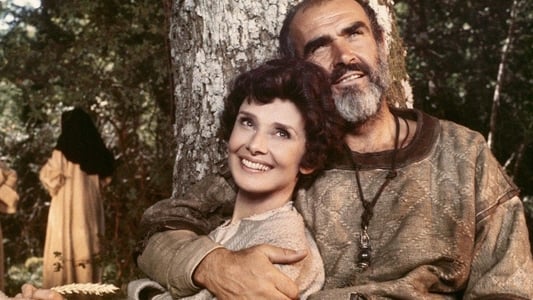
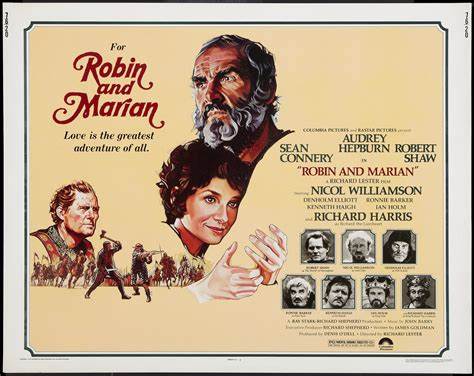
For John Huston’s epic 1975 film translation of Rudyard Kipling’s The Man Who Would Be King, the actor delivered one of his most delicious, multi textured performances as a loveable rogue whose innocent aspirations to royalty, and desire to achieve something greater in his lifetime, leads to dire, unexpected consequences beyond his boyish vision, dreams, and hope filled enthusiasm.
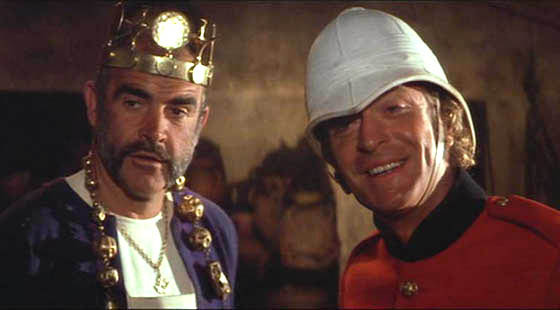
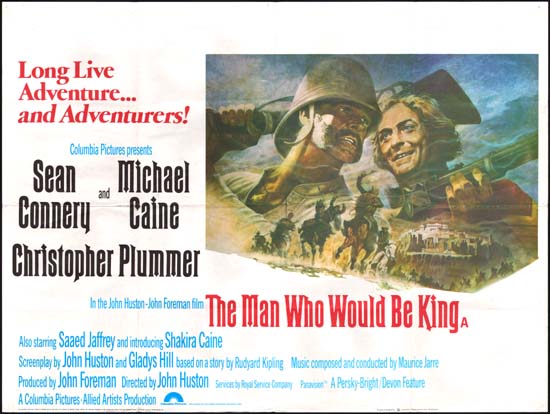
In The Untouchables (1987) for director Brian De Palma, Sean Connery’s Oscar winning performance as “Malone,” the simple cop on the beat whose street intelligence and long-tenured wisdom helped Eliot Ness bring down Capone, would at long last silence the critics who had cynically predicted his rapid departure and absence from the screen after leaving the lucrative “Bond” franchise.
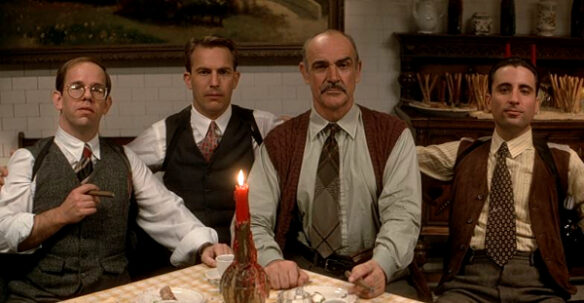
For Steven Spielberg, Connery would deliver his most wonderful portrayal, perhaps, as the colorful, cantankerous Professor Henry Jones, Harrison Ford’s father in Indiana Jones And The Last Crusade (1987), elevating another beloved franchise to sublime levels of joyous delight and perfection. Connery’s comedic gifts and unexpected pathos turned this third entry of the iconic film series into it’s most beloved chapter, accompanied vibrantly by the familiar strains of John Williams’ glorious musical scoring.
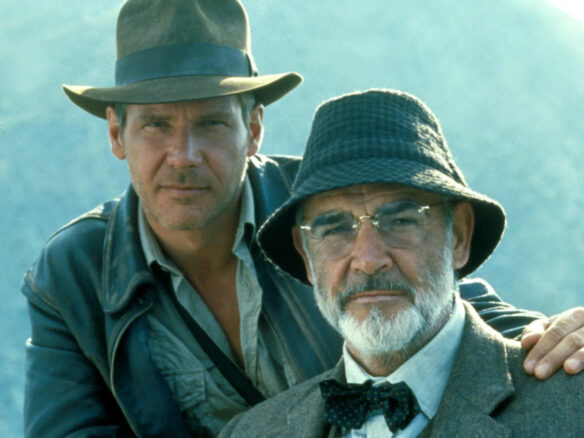
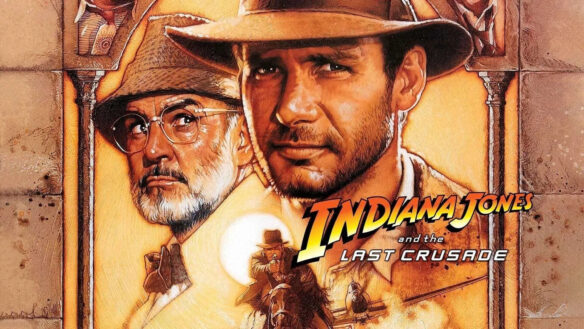
For First Knight (1995), a highly romanticized screen version of the Arthurian legend, Connery was at his most regal in his performance as literature’s legendary King Arthur. Bringing both nobility and grace to a classic role that only he, in suave maturity, could deliver, Connery once again brought quiet dignity and eloquence to the image of expiring royalty in the face of danger and finality.
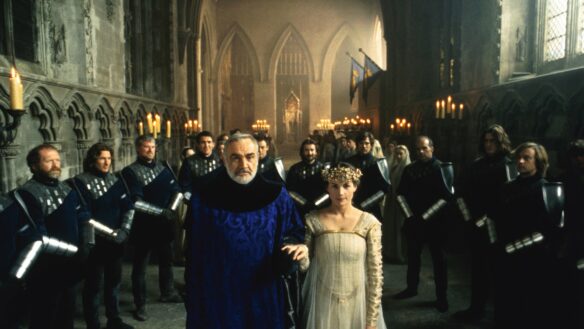
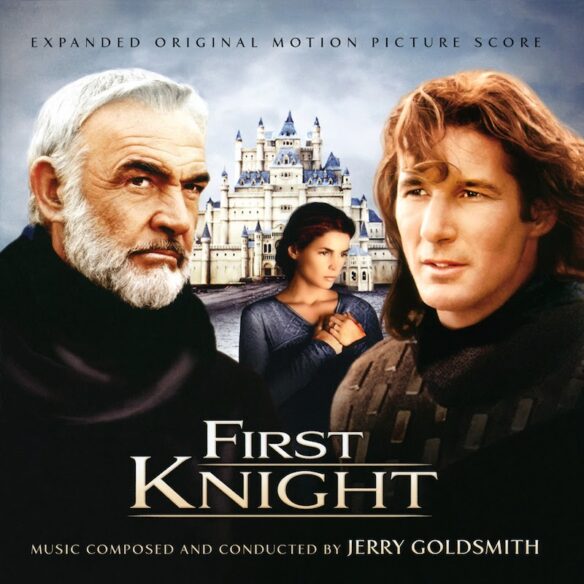
Sean Connery has left us, but his indelible face and distinctive voice shall remain forever burned into the haunting imagery of the motion picture screen. We came alive in the sweet mirror of your artistry. Rest Well, Sir Sean. May angels sing you to your rest on this melancholy anniversary of your birth.
++ Steve Vertlieb 8/25/23
Discover more from File 770
Subscribe to get the latest posts to your email.

Nicely done.
c4c
Thank you for sharing this. I don’t think I’d ever put it together that I’ve seen almost everything he ever made (missed one, but now that you mention it, I’ll look it up). Strangely I didn’t see most of them because I was a fan of his — although I was –but because practically everything he was ever in turned out to be a cool movie that I would have wanted to see even without him in it. (Maybe that was his art — he made everything he touched look good. A great actor knows how to support his fellow performers & the production.)
But he would always live in my heart, even if he never made anything else but ‘The Man who Would Be King’ which I believe is one of the finest movies ever made. I’ve watched it dozens of times. (Michael Caine was fabulous in it, too. Another fine, fine actor.)
Sean Connery in Playboy, Nov. 1965:
“I don’t think there is anything particularly wrong about hitting a woman … although I don’t recommend doing it in the same way that you’d hit a man. An openhanded slap is justified … if all other alternatives fail and there has been plenty of warning. If a woman is a bitch, or hysterical, or bloody-minded continually, then I’d do it.”
I still think he should have received an Oscar for Brother Baskerville in “The Name of the Rose.” Brilliant performance.
My non-Bond/IJones favorites include The Man Who Would Be King (in part for co-star Michael Caine) and Robin Hood… and also two not cited yet, The Hunt For Red October (as the Russian submarine commander — I saw this before starting to read Tom Clancy), and as the lead cop in Rising Sun (based on the Michael Crichton book).
(Now it feels it’s time to rewatch at least half a dozen Connery flix…I should see if my laserdisc player still works (for Red October).)
“After this last performance as the impeccably tailored spy, Connery defied critics who’d complained about his being a single dimensional actor, by joyously emerging as one of the finest character actors of our time. In such films as Darby O’Gill and The Little People…” Darby O’Gill (whose banshee scene terrified me as a child) actually predated the Bond films by a few years.
I’ve always loved his role as the outer space lawman in “Outland”.